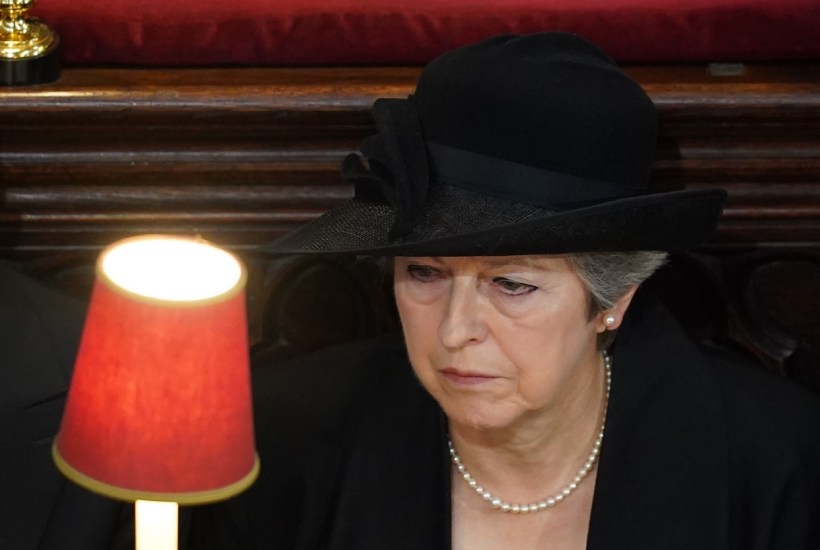The tributes are pouring in for Theresa May after the former prime minister announced that she will be stepping down at the next election. In a statement in the Maidenhead Advertiser, her local paper, May reiterated her support for Rishi Sunak and said she was leaving to spend more time on ‘causes close to my heart’ such as the fight against modern slavery.
Already a subscriber? Log in
Subscribe for just $2 a week
Try a month of The Spectator Australia absolutely free and without commitment. Not only that but – if you choose to continue – you’ll pay just $2 a week for your first year.
- Unlimited access to spectator.com.au and app
- The weekly edition on the Spectator Australia app
- Spectator podcasts and newsletters
- Full access to spectator.co.uk
Or




















Comments
Don't miss out
Join the conversation with other Spectator Australia readers. Subscribe to leave a comment.
SUBSCRIBEAlready a subscriber? Log in